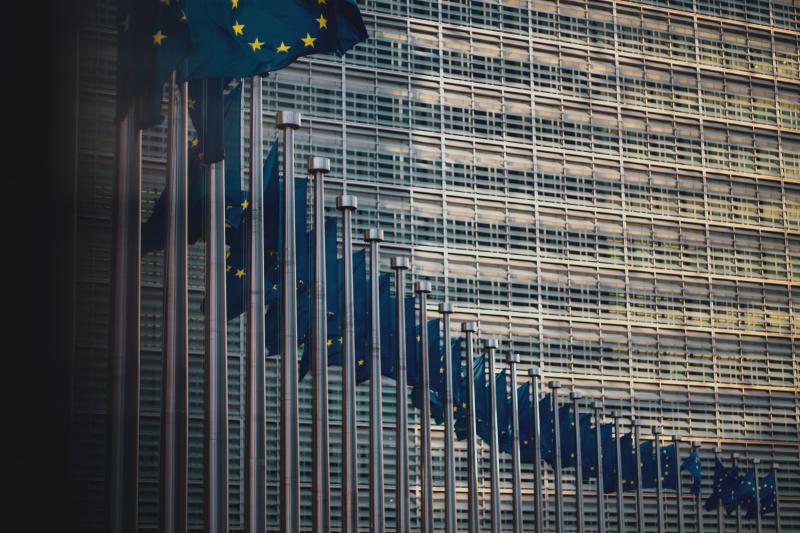Stay always informed
Interested in our articles? Get the latest information and analysis straight to your email. Sign up for our newsletter.

Six months ago, on 9th December 9th 2022, then Vice-President of the European Parliament Eva Kaili was arrested in Brussels. Her arrest and that of additional MEPs and parliamentary assistants revealed the biggest corruption scandal in the history of the European Parliament.
After six months of debate about what consequences should be drawn in light of the scandal, Corporate Europe Observatory (CEO), Transparency International and LobbyControl have taken stock of the process so far. The grand announcements by the Parliament and the Commission calling for better rules of conduct, stronger oversight and more transparency have so far hardly been implemented at all.
Nina Katzemich, EU campaigner at German NGO LobbyControl declares:
"The shocking 'Qatargate' scandal has exposed the existing gaps in lobbying and transparency mechanisms in the EU institutions. The Parliament initially reacted swiftly and promised to close these gaps. But the balance sheet after half a year is sobering: reforms are in danger of being talked to death or significantly weakened in protracted backroom negotiations. Among others, German EPP MEPs are actively involved blocking necessary reforms, using the scandal instead to stir up public opinion against non-governmental organisations. This is unacceptable and misleading."
Shari Hinds, Policy Officer for EU Political Integrity at Transparency International EU says:
"The European Parliament should stop twiddling its thumbs waiting for an independent ethics body for all EU institutions. Instead, it should put its own house in order by reforming its internal rules. The lack of oversight and sanctions has already done too much damage to the Parliament's credibility. Strict reforms are long overdue. Only a swift, public and transparent reform process will send a clear signal to the voters in the upcoming European elections."
Commenting on the EU Commission's planned "defence of democracy package", Katharine Ainger, researcher on lobbying repressive regimes at CEO, says:
"The EU Commission has set the wrong priorities so far. Instead of a misguided 'foreign influence' law that could negatively impact civil society, the obvious answer to the Qatargate scandal is a robust and mandatory EU transparency register covering all covert lobbying, with adequate enforcement mechanisms."
All three organisations emphasise that covert or manipulative influence on democratic processes is always problematic, regardless of whether it comes from inside or outside the EU. What is needed now is a legally binding transparency register, better rules against conflicts of interest for MEPs and an authority with sufficient resources and competences to monitor and enforce compliance with the rules. The EU Commission's proposal for an ethics body presented today is insufficient. The EU institutions must now do their utmost to regain lost trust in integrity and independence, and to prevent the next lobbying scandal via decisive reforms.
ENDS
For more information or interview requests please contact Sarah Reader, Corporate Europe Observatory's press officer at media@corporateeurope.org
Notes